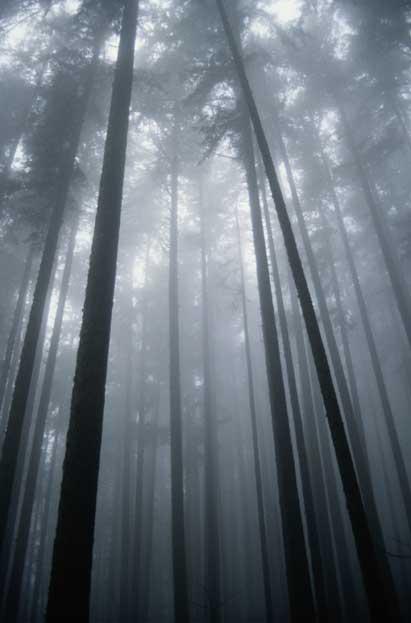And the trees changed the world

380 million years ago, mosses and algae covered the continents of the world. There were no trees. But according to Yale University researcher Robert Berner, the evolution of trees changed the world forever. At a meeting held in Edinburgh he exposes his theory as follows:
The first trees absorbed food from the soil at unprecedented speed and increased erosion. Erosion caused the release of calcium and magnesium. Gradually, atmospheric carbon dioxide became calcium and magnesium carbonate and accumulated in ocean bottoms. At the same time, photosynthesis increased and carbon dioxide levels in the atmosphere decreased unlike 4.2 billion years earlier.
On the other hand, the trees produced large amounts of lignin, the main component of the wood. Lignin does not rot, which caused the accumulation of much organic carbon in the form of sediment. The carbon dioxide cycle was unbalanced: more carbon dioxide was extracted from the atmosphere than was emitted. Carbon dioxide levels in the atmosphere decreased and photosynthesis increased considerably. Consequently, the air was greatly enriched in oxygen.
The air that contained so much oxygen, for example, allowed the appearance of large insects. On the other hand, the greenhouse effect weakened and cooled the Earth making glaciations possible.
380 million years later deforestation is huge and the carbon trapped in these sediments is being poured into the atmosphere. The carbon cycle has again been unbalanced. And man has changed the world.
Buletina
Bidali zure helbide elektronikoa eta jaso asteroko buletina zure sarrera-ontzian











